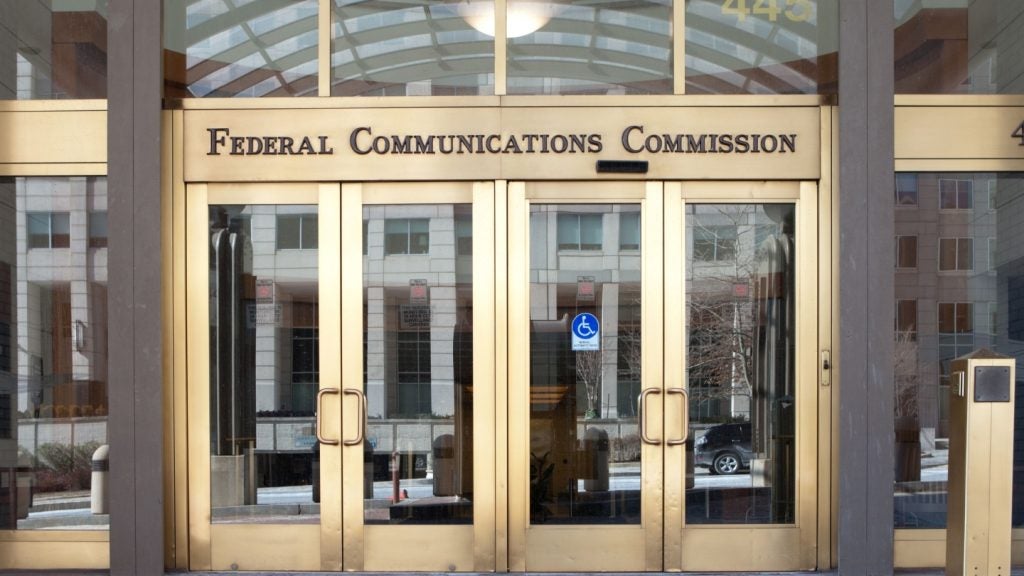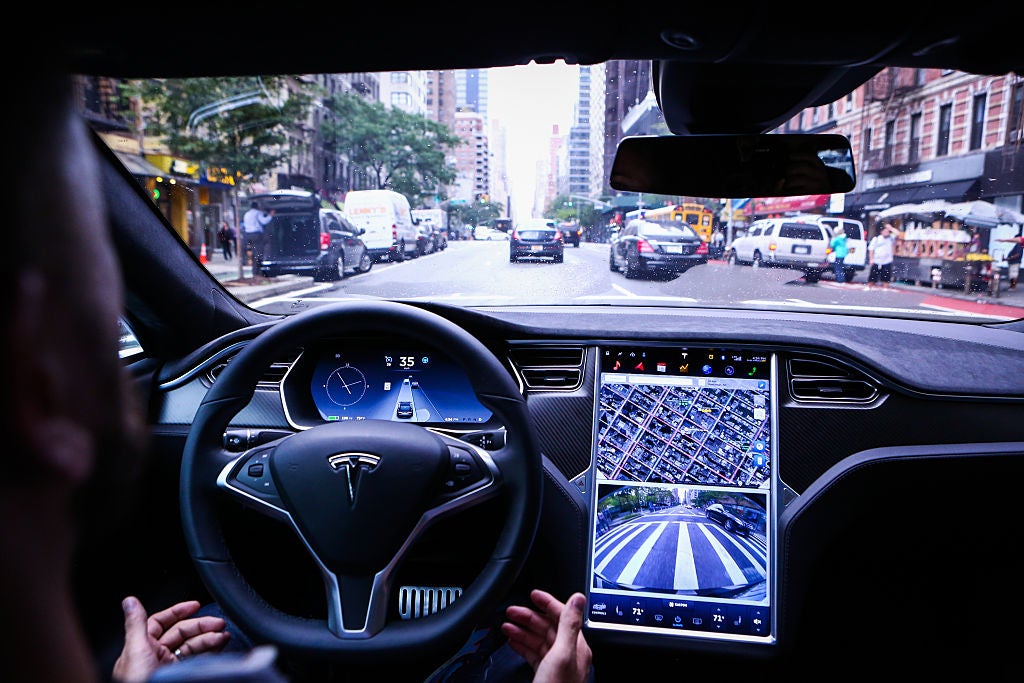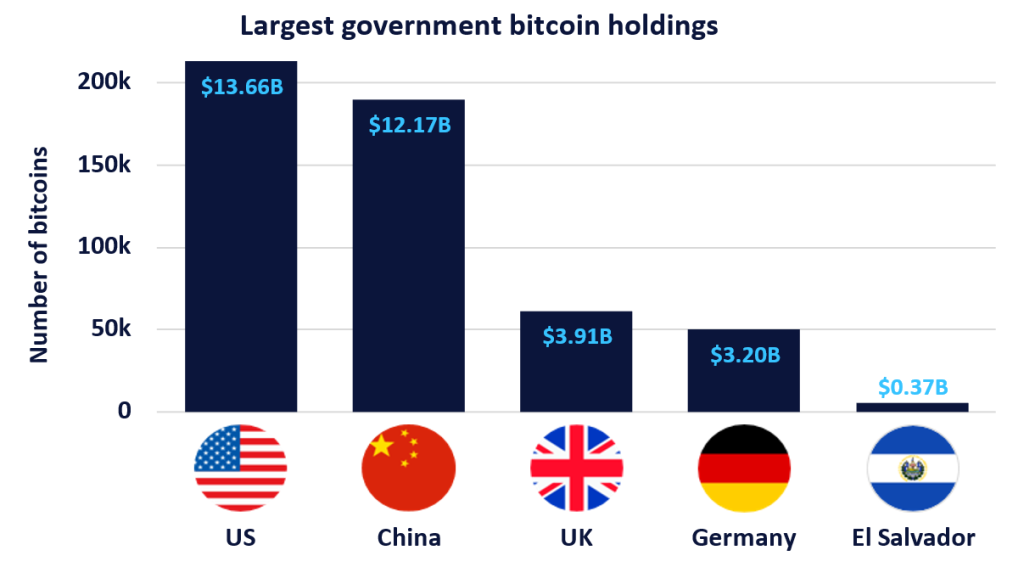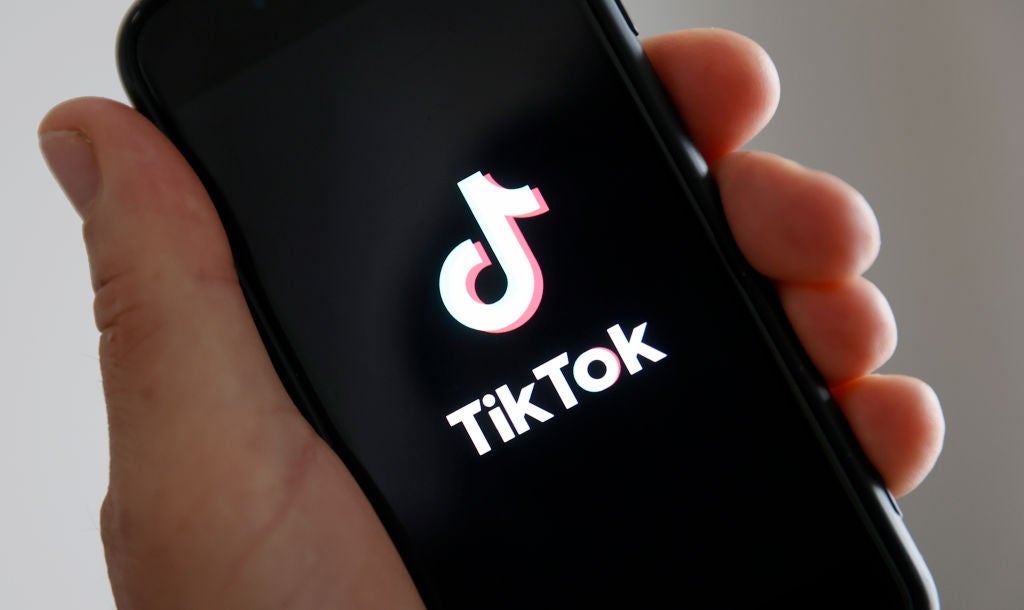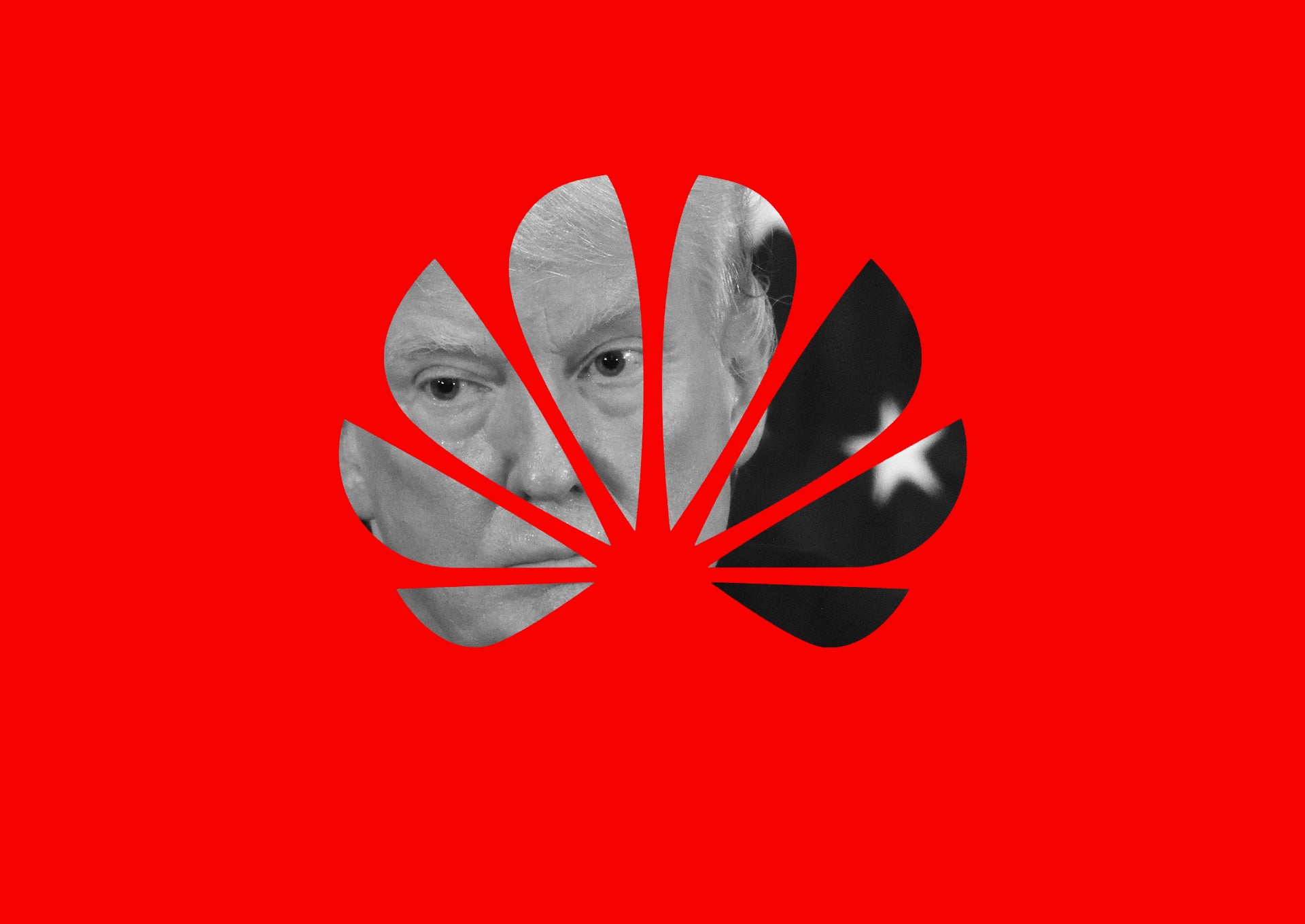
The US government and senior US politicians have reacted negatively to the UK’s decision to allow Huawei technology to be used in “non-core” parts of the 5G infrastructure, to the surprise of few. But the impact could be felt by more than just the UK government.
While there has been no direct statement from the US President Donald Trump himself, a senior official in his administration told CNBC that “the United States is disappointed by the UK’s decision”.
Disappointment was a persistent trend from most US politician’s comments on the subject.
US Senator Mark Warner branded the decision “disappointing”, adding that “the security risks are so well understood”, a sentiment that was echoed by the Governor of South Carolina Nikki Hayley.
Meanwhile, Senator Ted Cruz called the decision “deeply unfortunate”, while Senator Marco Rubio called on UK Prime Minister Boris Johnson to “promptly reject Huawei’s inclusion” in a letter to the PM.
Such reactions were to be expected, given the consistent campaign by the US government to get the UK to ban Huawei technology from its 5G network. However, what will the fallout be?
How well do you really know your competitors?
Access the most comprehensive Company Profiles on the market, powered by GlobalData. Save hours of research. Gain competitive edge.

Thank you!
Your download email will arrive shortly
Not ready to buy yet? Download a free sample
We are confident about the unique quality of our Company Profiles. However, we want you to make the most beneficial decision for your business, so we offer a free sample that you can download by submitting the below form
By GlobalDataThe US government, Huawei 5G and the Special Relationship: The beginning of the end?
The UK and US have long enjoyed a “Special Relationship”, with the two countries providing military, intelligence and political support to one another as needed.
However, over the years this has become increasingly strained, and some members of the US government have suggested that the UK’s Huawei 5G decision could prove to be a fatal blow.
“This decision is deeply disappointing for American supporters of the Special Relationship,” wrote US Senator Tom Cotton in a tweet. “I fear London has freed itself from Brussels only to cede sovereignty to Beijing.”
In particular, there are questions being posed about the UK’s role in the Five Eyes intelligence sharing group, with some politicians questioning whether the UK can continue to participate if it uses Huawei technology.
“While the United Kingdom has strong communication and cybersecurity safeguards in place, there are widespread and serious concerns that such measures are inadequate given what the United States, and other Five Eye partners, know about Huawei,” wrote Rubio on the issue.
“Ultimately, I have concerns about the impact that any decision to include Huawei in the United Kingdom’s 5G network will have on both your national security, and the Five Eyes joint intelligence cooperation with the United States, Australia, New Zealand and Canada.”
“Britain’s critical role in the Five Eyes alliance means that, absent policy changes by the United States, we and our allies will now be sharing intelligence with a nation that has given China a backdoor to all of their communications,” added Cruz.
However, there were others that took a more positive approach to the news, with Senator Warner announcing that he had introduced bipartisan legislation to develop viable 5G alternatives to Huawei, which he hoped that the UK would participate in.
“It is critical that countries committed to building and maintaining secure networks come together,” he said.
“Current financial support by China for Huawei puts any Western alternative at a serious disadvantage.”
A sign of Trump’s failed foreign policy?
While many politicians are suggesting that current partnerships between the UK and the US will need to be re-evaluated, others are characterising the decision as a failure by US President Donald Trump.
“While I’m disappointed that the UK has opted to work with Huawei given the real security risks that this creates, today’s decision is an entirely predictable result of the Trump Admin’s failed foreign policy,” wrote Senator Bob Menendez of the decision.
“When we treat allies and partners like enemies or marks to be taken advantage of, we shouldn’t be surprised when they are not interested in working with us. This is not winning. This is losing. And on a massive and strategically costly scale.”
Meanwhile, Newt Gingrich, former Speaker of the US House of Representatives, characterised the decision as a sign that the US government was losing an ongoing battle with China, with Huawei 5G infrastructure at its core.
“British decision to accept Huawei for 5G is a major defeat for the United States,” he tweeted.
“How big does Huawei have to get and how many countries have to sign with Huawei for the US government to realize we are losing the internet to China? This is becoming an enormous strategic defeat.”
All eyes on Pompeo
While it is unlikely to become clear for some time what repercussions the UK decision on Huawei will have, be it on the US-UK special relationship or the US government itself, pundits are likely to get the first significant impression today.
US Secretary of State Mike Pompeo will today arrive in the UK to hold talks with the government over the Huawei 5G decision.
Pompeo is set to meet with both Boris Johnson and Foreign Secretary Dominic Raab, in what are set to be heated talks.
Prior to the UK’s Huawei decision, Morgan Ortagus, a spokesperson for the US Department of State, had said the meeting would be to “reaffirm the Special Relationship following the UK’s departure from the EU and discuss ways to broaden and deepen trade ties”.
However, Pompeo has previously been highly vocal about Huawei infrastructure in the past, having visited in May 2019 to make the case for a Huawei ban.
Whether Pompeo attempts to encourage a reversal of the decision, or focuses on ways to move forward, will provide key signs of how the two countries’ relationship will evolve in the future.
Read more: Why the UK is right to use Huawei 5G technology



